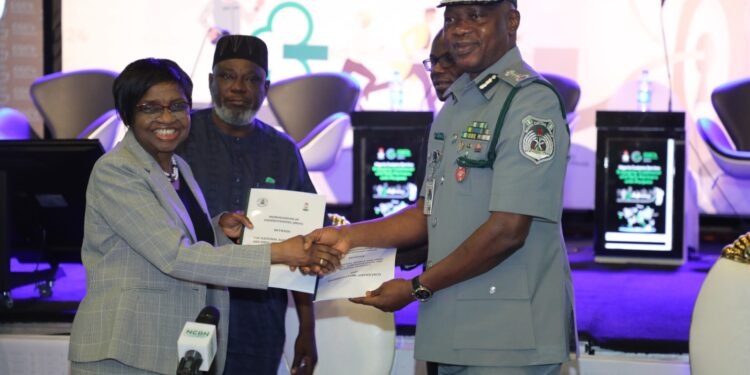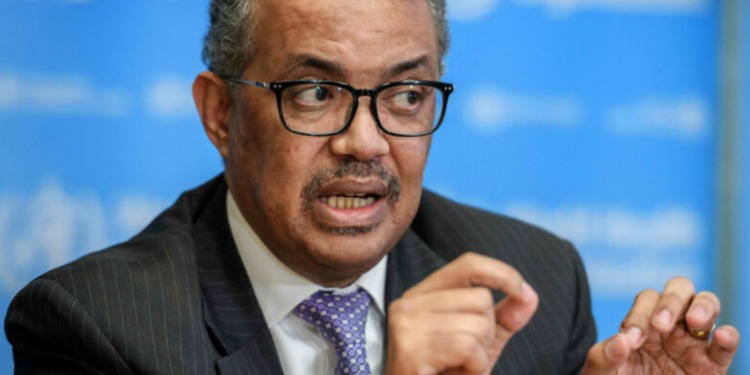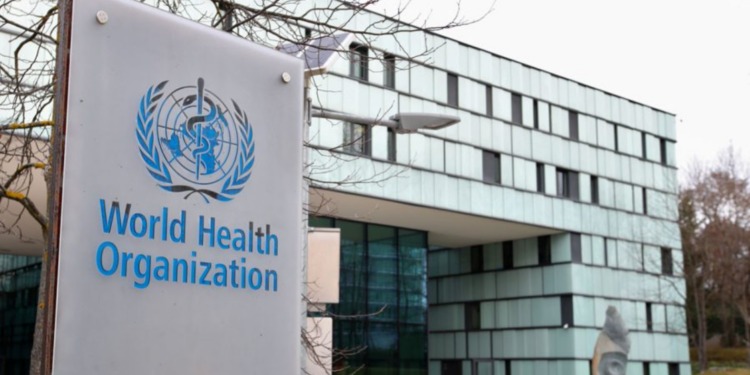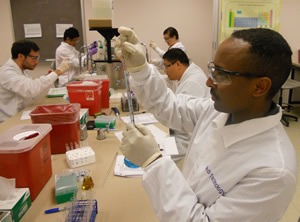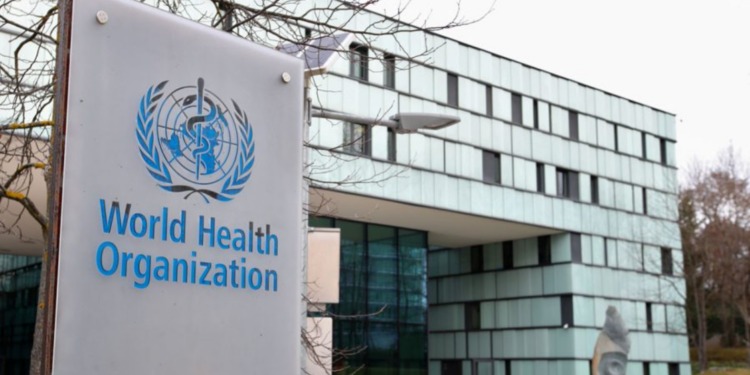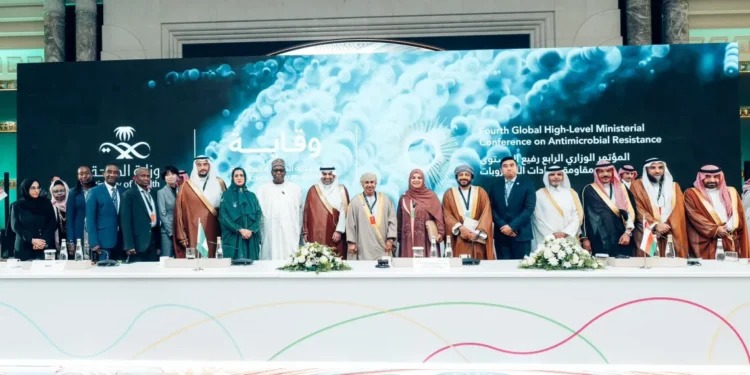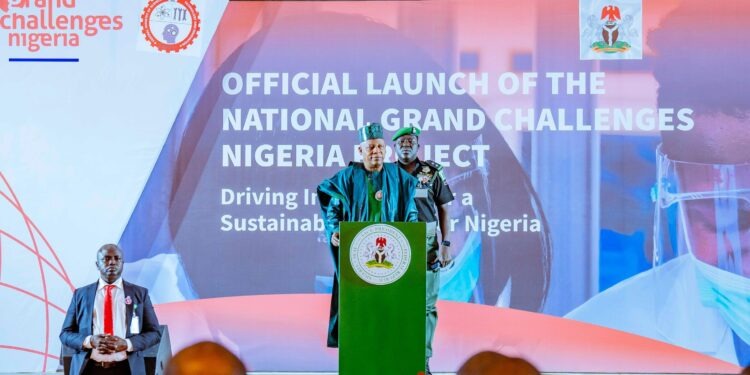The World Health Organization (WHO) has issued a warning about the escalating threat of antimicrobial resistance (AMR), predicting that it could claim 39 million lives by 2050 if urgent global action is not taken.
This was revealed by Dr. Hanan Balkhy, WHO’s Regional Director for the Eastern Mediterranean, in her keynote speech at the Fourth Global High-Level Ministerial Conference on Antimicrobial Resistance (AMR) in Saudi Arabia on Friday,
She emphasized that the broader impact of AMR, is not affecting just health, but global well-being, stating conflict exacerbates AMR and makes it even more deadly.
Beyond the loss of lives, AMR is expected to have severe global consequences, including extreme impacts on overall well-being and economic stability.
WHO emphasized that addressing AMR not only saves lives but also requires global peace and stability, as conflicts can exacerbate the toll of AMR.
However, she said, if no action is taken, “39 million people will die of antibiotic resistance between now and 2050, there will also be extreme impacts on the overall well-being of people around the world.”
She added that there is a need to ensure access to existing antibiotics and accelerate the development of new ones, which remains critically important.
The conference, themed “From Declaration to Implementation – Accelerating Actions Through Multi-Sectoral Partnerships for the Containment of AMR,” focused on enhancing the global response to AMR. This includes strengthening governance, promoting evidence-based policymaking, ensuring sustainable financing, and fostering cross-sectoral collaboration.
Dr. Balkhy pointed out that financial investment alone will not solve the issue.
“There is a need for true partnerships and commitments at all levels. Investing in better quality health care is the smartest that we can do on antimicrobial resistance.”
“By committing to timely interventions. we could save $99 billion in healthcare costs annually by 2025, and the economy could be $990 billion larger by 2050.”
“The political commitments and collaborative efforts are extremely important in the fight against AMR,” she said.
The urgency of addressing antimicrobial resistance
Also speaking at the conference, WHO Director-General Dr. Tedros Adhanom Ghebreyesus stressed the immediate threat posed by AMR and the urgent need for global action to combat it.
“The same is true of antimicrobial resistance,” Dr. Tedros said, drawing a parallel to the urgency of addressing climate change. “AMR doesn’t just threaten to make the medicines on which we depend less effective; it’s happening now. We’re not just talking about the risk of people dying from antibiotic-resistant infections; they’re dying now – 1.3 million people every year.”
Dr. Tedros emphasized that tackling AMR action is equally as urgent as climate action. He referenced the Political Declaration on AMR adopted at this year’s UN General Assembly, noting its ambitious goals to mitigate the impact of bacterial AMR.
“The political declaration agreed at the General Assembly set clear targets for prevention, diagnosis, treatment, and financing, which should ultimately reduce deaths from bacterial AMR by 10 percent by 2030,” Dr. Tedros stated.
The WHO Director-General called on governments, stakeholders, and the international community to work collaboratively to translate commitments into action, ensuring that lives are saved, and the effectiveness of life-saving medicines is preserved for future generations.
Key priorities for implementing the political declaration on AMR
Ghebreyesus highlighted three major priorities for implementing the Political Declaration on AMR, especially in low- and middle-income countries.
Dr. Tedros emphasized the need for sustainable financing, urging both domestic and international sources to invest in AMR responses. “I urge Member States and development partners to join the AMR Multi-Partner Trust Fund, as called for in the Declaration,” he said.
With a modest target of US$100 million, Dr. Tedros called for greater financial resources to fund national action plans, aiming for 60% of countries to have these plans in place.
The WHO head also stressed the importance of equitable access to quality antimicrobials, noting the paradox of AMR: inappropriate use contributes to resistance, while many also suffer due to lack of access. “Addressing AMR means increasing access for those who need them while preventing the overuse and misuse that drives antimicrobial resistance,” he said.
Lastly, Dr. Tedros highlighted the urgent need for research, development, and innovation to address the “dry antimicrobial pipeline.” He pointed to the SECURE initiative, a global effort led by WHO and the Global Antibiotic Research and Development Partnership (GARD-P), as an essential step in improving access to both new and existing antimicrobials.
“The threat of AMR is right here and right now, but so are the solutions,” Dr. Tedros concluded. “Let us seize this opportunity to accelerate action on AMR, commit to stronger collaboration, and protect the medicines that protect us.”
